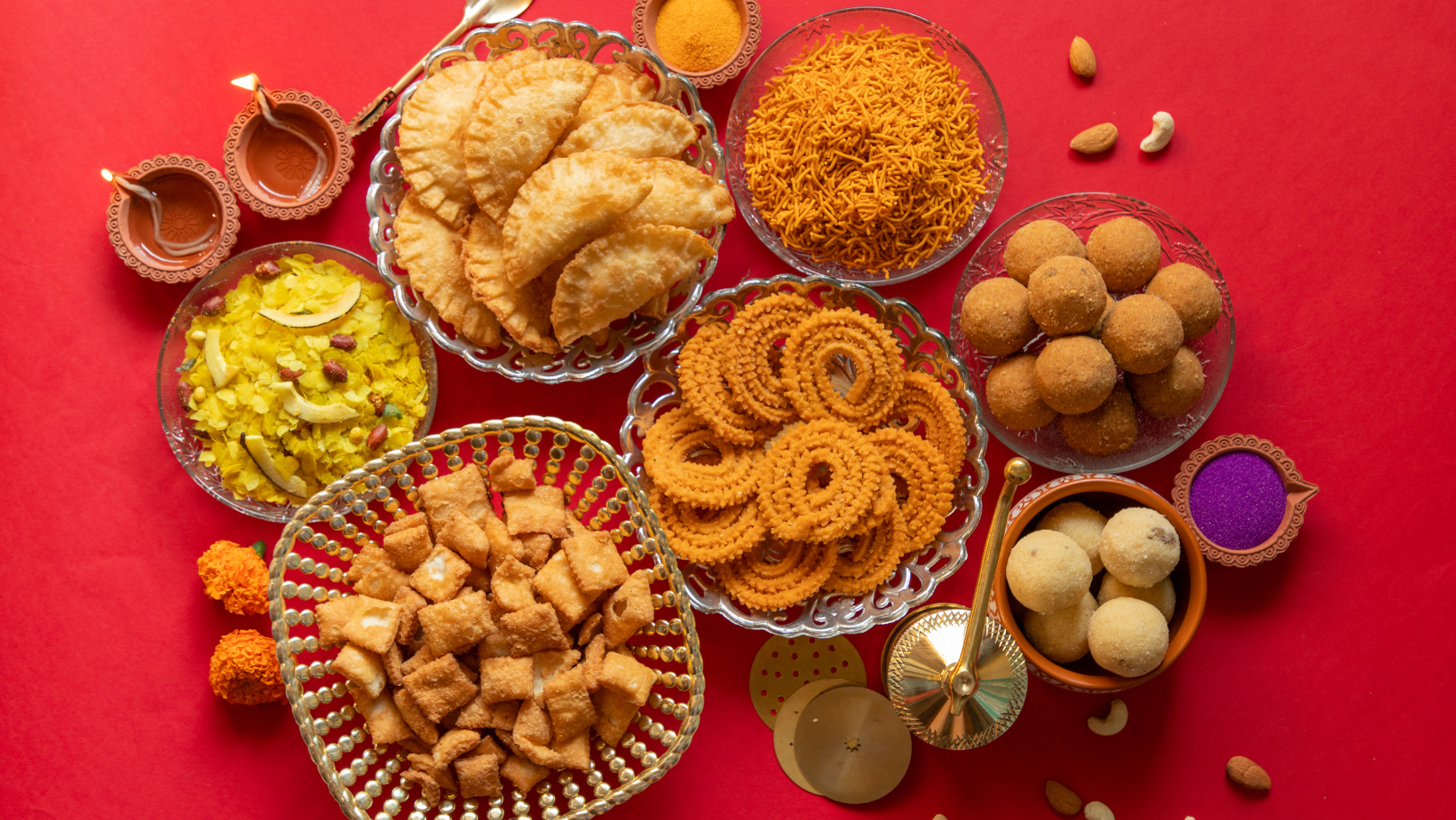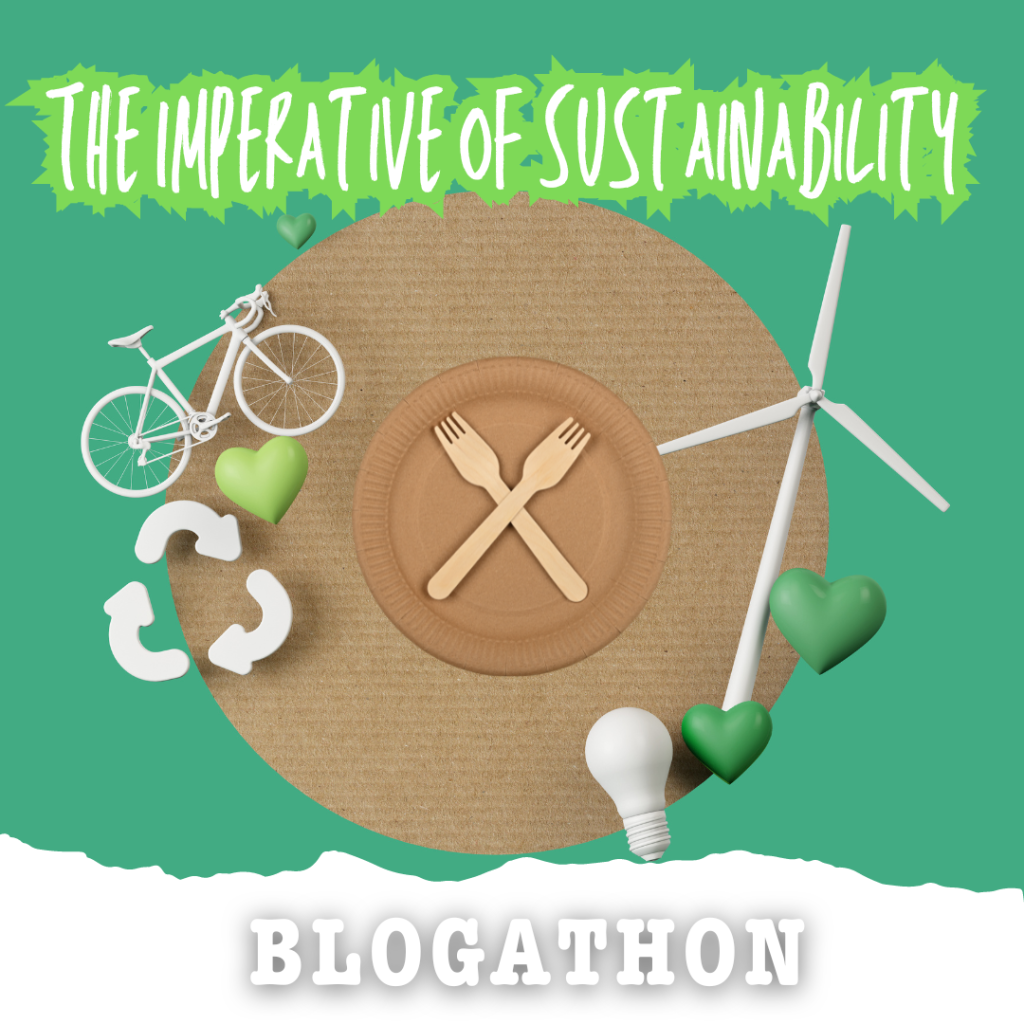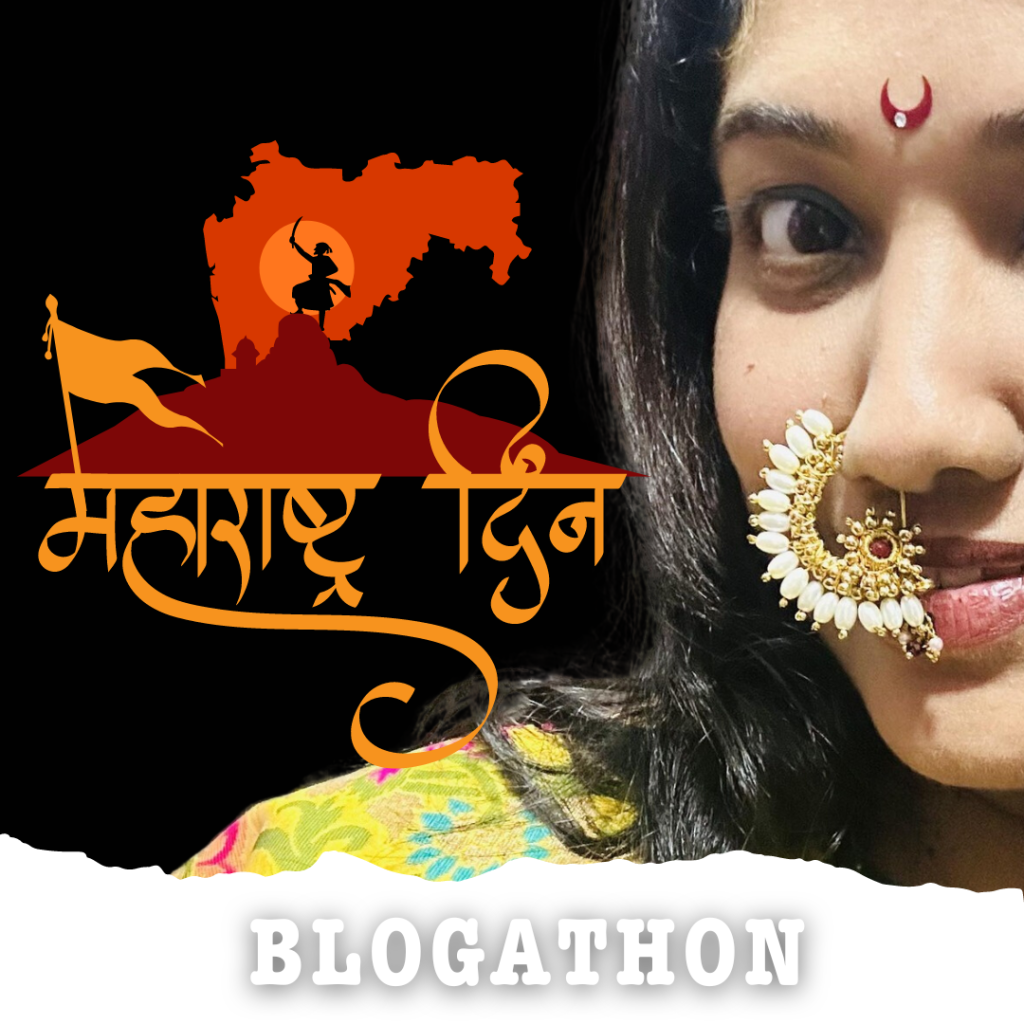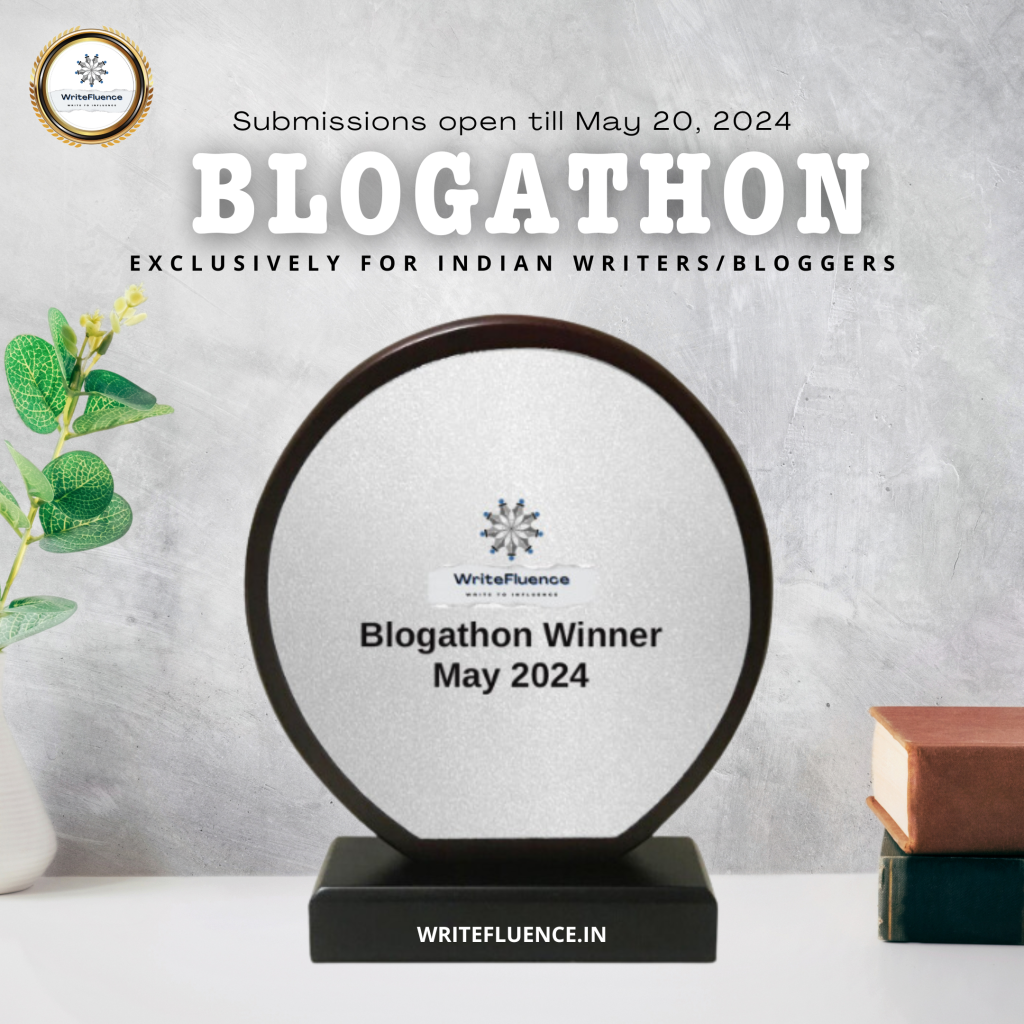In the not-so-distant past, the air during Diwali in India would be filled with the tantalizing aroma of homemade savories, meticulously crafted by families to be exchanged with friends, family, and neighbors. These culinary delights weren’t just about satisfying the taste buds but were an embodiment of the spirit of togetherness and generosity that defined the festival of lights.
As Diwali, the festival of lights, dawns upon us, these customary rituals and traditions that once defined the celebration are undergoing a significant transformation. Years ago, the aroma of homemade savories would waft through the air as families meticulously prepared an assortment of delectable treats to share with friends, family, and neighbors. However, in the contemporary landscape, economic dynamics, particularly inflation rates, are casting a shadow on these traditional practices, prompting us to question: Is this the new culture?


However, as inflation rates have soared in recent years, the economic dynamics of festive celebrations have undergone a profound transformation. The rising inflation rates in India have brought about a shift in the way people approach festivals like Diwali. The increasing cost of essential ingredients has made the preparation of traditional sweets and savories a more economically burdensome task. Families, burdened by the weight of financial constraints, are compelled to reconsider the extravagant displays of culinary affection that were once synonymous with the festival. The intricately crafted homemade delicacies, once a staple of the festive season, are becoming a luxury that not everyone can afford.

Diwali, once marked by the communal act of sharing homemade treats, is witnessing a move towards a more commercialized exchange of gifts. The traditional practice of exchanging homemade goodies is giving way to more practical and cost-effective alternatives. Ready-made and store-bought sweets are becoming the norm, as they offer a convenient solution to both time constraints and economic pressures. While the convenience of store-bought items cannot be denied, it is essential to question whether this shift is merely a pragmatic response to economic realities or a subtle redefinition of our cultural practices. While the sentiment behind these gifts remains heartfelt, the shift from homemade to store-bought items symbolizes a departure from the deeply rooted cultural practices that once defined the festival.

However, it’s essential to recognize the resilience of culture in the face of economic challenges. As families adapt to the changing times, new customs are born, blending the old with the new. Perhaps the true essence of Diwali lies not in the specific dishes exchanged, but in the spirit of unity, joy, and the celebration of light. It is a time for reflection, gratitude, and the reaffirmation of our bonds with those we hold dear.

The impact of inflation on cultural practices during Diwali reflects the broader challenges faced by families across India. While economic realities may alter the way we celebrate, the core values of togetherness and generosity can endure, finding expression in innovative and adapted traditions. As we light our diyas and exchange our gifts, let us not forget that the true richness of culture lies in its ability to evolve while retaining the essence of what makes it special. Diwali, with its timeless spirit, continues to illuminate our lives, regardless of the economic storms it may weather.
This Diwali, make a conscious choice to shop from small businesses, artisans, and local vendors. They offer unique and handcrafted products that reflect the rich cultural heritage of India. By purchasing from small businesses, we can help them thrive and sustain their livelihoods. So, while you’re shopping for Diwali essentials, consider exploring the local markets, independent boutiques, and online platforms that support small businesses. Let’s celebrate Diwali by supporting the dreams and aspirations of our fellow entrepreneurs and artisans. Together, we can make a difference and create a stronger, more inclusive economy.
Happy Diwali from The WriteFluence Editorial Team.
Think you can write? Submit your pieces to us!
We are inviting writers to contribute to WriteFluence by submitting their blogs or stories for our upcoming magazine. We believe in providing a platform for writers from all backgrounds and genres. Writers can submit their work through our website, and if selected, their writing will be published on WriteFluence or included in our magazine. We encourage writers to join us in celebrating storytelling and the power of words.
You can also drop in your short stories for children using the BLOG button below and we will publish the best ones on our website on Children’s Day. What’s more? We send you an e-certificate of merit for crafting the story. Happy writing!





Leave a Reply